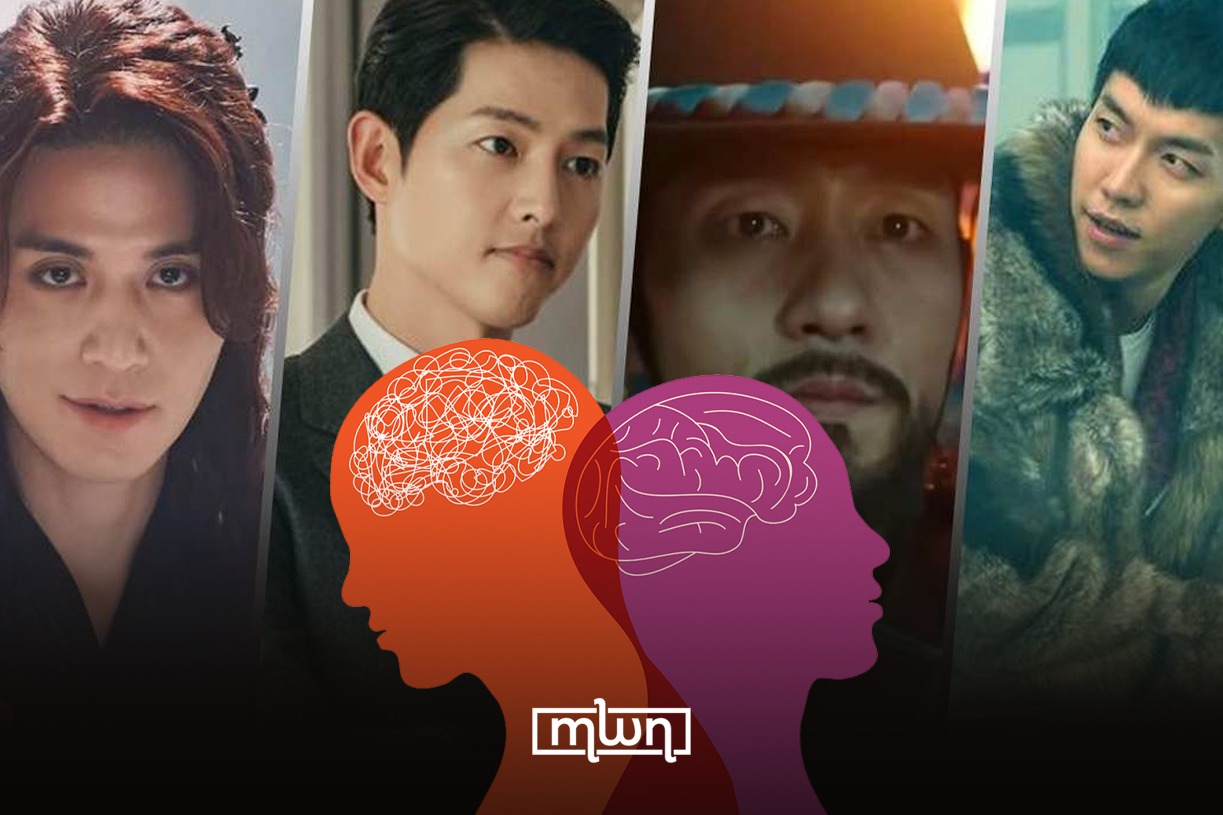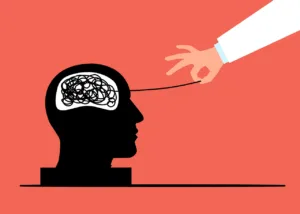In Morocco, K-dramas aren’t just a fleeting trend – they are an unspoken rite of passage for Gen Z.
Marrakech – The global fascination with K-dramas is undeniable. From the intense suspense of “Dream High” to the heartfelt romance of “Boys Over Flowers,” these shows have captivated audiences worldwide.
But beyond their captivating plots, could they also be benefiting your mental health? According to therapist Jeanie Chang, the answer might be yes.
Chang, who is Korean-American and born in Seoul, believes that K-dramas offer more than just entertainment.
“We all have family pressures and expectations, conflict, trauma, hope,” she explains in an article published by Alarabiya news outlet.
For many viewers, these shows provide a powerful emotional connection that helps them navigate their own personal challenges.
By portraying characters dealing with complex emotions like grief, love, and conflict, K-dramas allow viewers to process their own feelings or trauma.
For Chang, watching these dramas was particularly therapeutic in reconnecting with her own cultural roots; a part of her identity she rejected in childhood in her desire to assimilate into American culture.
Despite the specific cultural context of K-dramas, she insists that the messages within them are universal.
Read Also: 50% of Morocco’s Population Suffer from Mental Health Issues, Minister Reports
“Mental health is how you’re feeling, how you relate to others, psychologically, how your brain has been impacted by things. That’s mental health. We see that in a Korean drama” she says.
This connection between K-dramas and emotional well-being isn’t just speculative; it aligns with established therapeutic techniques, according to other experts.
Im Su-geun, a psychiatry clinic head in Seoul, believes that K-dramas can be beneficial for conditions like anxiety and depression.
“Watching Korean dramas can be beneficial for anxiety and depression from the viewpoint of art therapy,” he told AFP.
Art therapy, which began in the 1940s, originally involved drawing and later expanded to include other forms of artistic expression.
“Visual media like Korean dramas have significant strengths that align well with psychotherapy,” he explains.
Though it’s unlikely for a doctor to prescribe K-dramas as treatment, they can still play a role in mental health care.
For patients dealing with specific emotional situations, such as breakups or loss, a therapist might recommend watching a particular drama that reflects those struggles.
K-dramas offer more than just a temporary escape; they might just hold the key to understanding and healing deeper emotional wounds.
Through compelling stories and relatable characters, these shows encourage viewers to confront their feelings and gain new perspectives on life’s challenges, making them a surprisingly effective mental health tool.
















